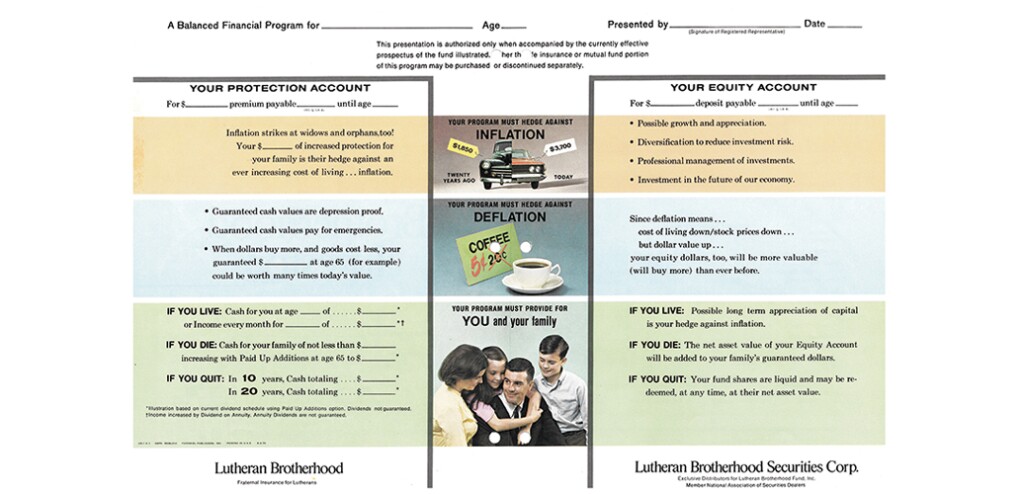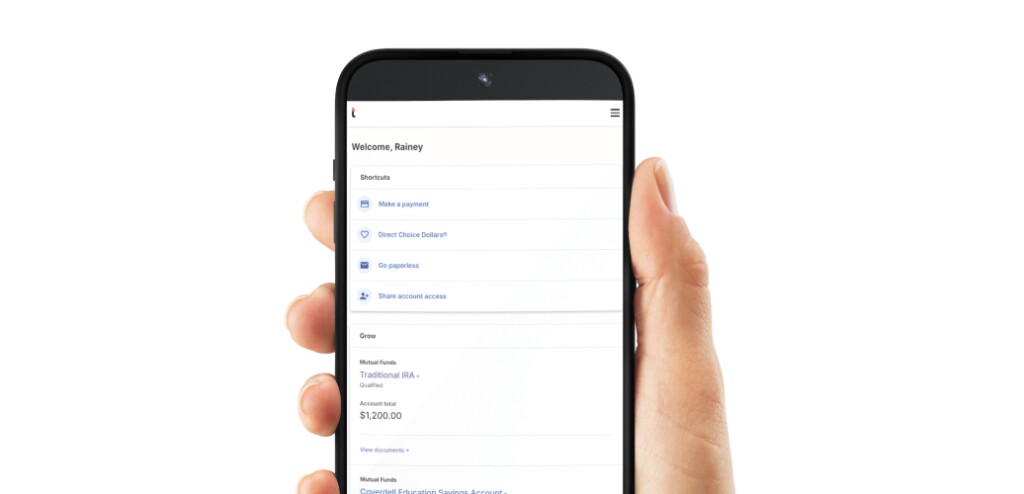Investing means making choices, and that's where a deeper understanding of your options can pay off. Individual bonds and bond funds are a good example. While both are fixed-income investments, their structures and dynamics differ significantly. Let's take a closer look at bonds vs. bond funds, including their benefits and drawbacks, so you can determine if one or both would be a fit for your investment portfolio.
What are bonds?
Bonds are considered
- Dive deeper:
Bond terminology: What to know before you invest
What are bond funds?
Bond funds can provide
Individual bonds vs. bond funds: 6 differentiators
As you consider if bonds or bond funds are right for you, take note of these six core distinctions:
1. Structure
Individual bonds represent debt securities issued by a government, municipality, corporation or other entity. Each bond has a fixed maturity date, a face value and pays periodic interest to the bondholder.
By contrast, bond funds are investment vehicles that pool money from multiple investors to invest in a
2. Management
Investors in individual bonds must actively manage their own portfolios, including selecting bonds, monitoring credit quality and making decisions about holding or selling.
Bond funds are managed by professional portfolio managers who handle the selection and
3. Minimum investment
Purchasing individual bonds can require a substantial amount of capital as bonds often have minimum face values such as $5,000 or higher, and building a diversified bond portfolio may be cost-prohibitive for smaller investors.
Bond funds, on the other hand, are accessible to investors with smaller amounts of capital. Investors can buy shares of the fund at the prevailing market price, so this makes them more suitable for a broader range of investors.
4. Fees & costs
Investors may incur transaction costs when buying or selling individual bonds, and holding bonds may involve custody fees.
Investors in bond funds pay expenses in the form of a management fee or expense ratio. These fees cover the costs associated with managing the fund. These fees typically are lower than the costs of managing a diversified bond portfolio independently.
5. Customization
With bonds, you get limited customization. You choose individual bonds from the pool of available bonds based on issuer, maturity and coupon rate.
Bond funds are more customizable, allowing you to select funds based on specific criteria like credit quality, maturity range and sector exposure.
6. Diversification
Bond investors need to actively manage their own diversification by selecting a variety of individual bonds with different issuers, maturities and credit qualities.
Bond funds, however, can inherently provide diversification because they hold a large basket of bonds. These investors gain exposure to a diversified bond portfolio through a single investment in the fund.
Comparing bonds vs. bond funds
| | Bonds | Bond funds |
| Structure | Debt securities issued by a government, municipality, corporation or other entity | Investment vehicles that pool money from multiple investors to invest in a diversified portfolio of bonds |
| Management | Investors must actively manage their own portfolios | Managed by professional portfolio managers |
| Minimum investments | Can require a substantial amount of capital | More accessible to investors with smaller amounts of capital |
| Fees and costs | May include transaction costs and custody fees | Typically require a management fee or expense ratio, which costs less than managing an individual bond |
| Customization | Limited customization dependent on investment amount | More customizable given the large number of bond funds available across desired bond characteristics |
Should you choose bonds or bond funds?
The choice between investing in individual bonds or bond funds depends on your financial goals, preferences and risk tolerance.
Consider choosing bond funds if you prioritize:
- Diversification. Bond funds offer immediate diversification across a variety of bonds without the need to manage a portfolio of individual securities.
- Professional management. If you prefer professional management and do not want to actively select and monitor individual bonds, bond funds can provide a solution. They're managed by professionals who make decisions based on market conditions and economic trends.
- Liquidity and accessibility. If you value the ability to buy or sell shares on the open market throughout the trading day, bond funds have the advantage. They provide more immediate
liquidity compared to individual bonds.
Consider choosing individual bonds if you prioritize:
- Portfolio customization. Investing in individual bonds enables more control over the composition of your bond portfolio, with the ability to select specific bonds, maturities and issuers. Just keep in mind, they may be limited by minimum investment or face amounts.
- Income stream control. If you want more control over the timing and size of income payments, individual bonds may be attractive. They provide fixed interest payments at specific intervals.
- Interest rate environment. In a rising or high interest rate or inflationary environment, individual bonds allow investors to hold securities until maturity, potentially mitigating the impact of interest rate fluctuations.
Get professional guidance on your investment plan
Diversification, professional management, liquidity needs and risk tolerance are key factors to consider when weighing bonds vs. bond funds. For example, if you have a long-term investment horizon and are looking for stability and income, individual bonds might be more suitable for you. For shorter-term goals or more active management, bond funds could be a better fit. Some investors may benefit from holding both bonds and bond funds in their portfolios.
Consulting with a







